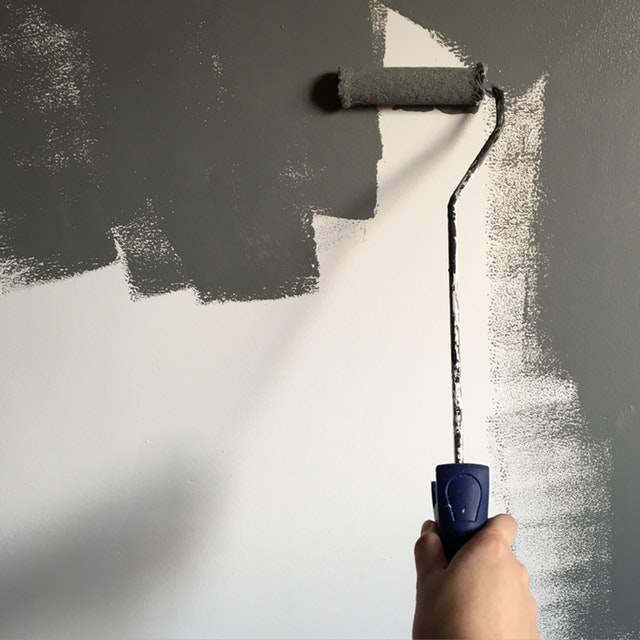How To Manage Investment Property While Working Full-Time
 In 2017, upwards of 75 percent of independent rental property owners in the U.S. reportedly worked another job on top of being a landlord. That means the overwhelming majority of landlords are attempting to juggle more than they can handle at times.
In 2017, upwards of 75 percent of independent rental property owners in the U.S. reportedly worked another job on top of being a landlord. That means the overwhelming majority of landlords are attempting to juggle more than they can handle at times.
There are organizational and strategic concepts that can maximize efficiency and profitability.
Consider the following tips that bring property management tasks under three basic headings: organization, automation and outsourcing.
Organization Matters
One of the things that tends to overwhelm landlords is thinking about the rental properties as an extension of home ownership. The rental seems like it involves many of the same tasks such as maintenance and repair.
By rethinking rentals in terms of a small business, the way these and other tasks are approached can become radically different. If this were a Mom and Pop store or a corporation, the necessary resources would be brought in to handle niche labor. Organize all of the tasks that the rental unit(s) require under categories that may include the following.
- Rental Advertising
- Applicant Interviews
- Background Checks
- Legal Documents (leases)
- Maintenance and Repairs
- Rent Collection and Bill Paying
Accounting
With a defined set of tasks organized under specific headings, it becomes much easier to visualize the breadth of work involved and what supporting resources would be needed.
Automation Matters
Industries across the globe are moving to automation as a way to increase productivity and lower costs. There’s no reason landlords working other jobs cannot do the same.
While fixing a burst pipe may not be a good candidate for automation, there are numerous tasks property owners undertake that no longer require valuable time.
- Advertising: Consider a process where an online advertisement is pre-written and posted when a lease expires.
- Rental Payments: Consider automatic withdrawal from tenant accounts or having them direct deposit.
- Bill Payment: Consider auto pay for every possible facet of the property, including utilities, taxes, insurance, mortgage and others.
- Maintenance and Repair: Consider an online form for tenants to fill out that provides real-time notification.
These and other tools can streamline the amount of time required to manage a rental property without incurring significant expense.
Outsourcing Matters
People who work regular jobs and also manage rental properties are entrepreneurs by nature. That go-getter personality leads many to take on more tasks than there is time in the day. That’s why outsourcing is so important.
Outsourcing things like accounting or legal services are no-brainers because they require specialized knowledge. But other tasks such as applications, background checks and maintenance may be good things to put on someone else’s plate as well.
As noted in the beginning of this article, if a small business mindset were applied, many of these tasks would be assigned to a designated resource. Consider operating rental units in this fashion by running a cost analysis and outsourcing. Roll in the labor costs that make sense and take some time to binge watch a Netflix series while your investment turns a profit.
Contact your trusted mortgage professional to make sure that you have the most competitive financing on your investment property or to get pre-qualified if you’re ready to get started on this new real estate venture!

 If you have been looking for a new home, and you find one offered under a short sale, this may be to your advantage. While some buyers are wary about buying a home that needs to be sold with the approval of the lender, it’s a great way to get a bargain on a home that you love.
If you have been looking for a new home, and you find one offered under a short sale, this may be to your advantage. While some buyers are wary about buying a home that needs to be sold with the approval of the lender, it’s a great way to get a bargain on a home that you love. The drama of home and garden TV shows may be fun to watch, but no matter what you think, reality shows are not at all like real life. If you think it’s easy to buy a house that needs updating and turn it quickly for substantial profit, you might want to think again.
The drama of home and garden TV shows may be fun to watch, but no matter what you think, reality shows are not at all like real life. If you think it’s easy to buy a house that needs updating and turn it quickly for substantial profit, you might want to think again.  Buying a property out of foreclosure can be a very smart move, financially. But it can also be complicated, expensive, and stressful.
Buying a property out of foreclosure can be a very smart move, financially. But it can also be complicated, expensive, and stressful. It pays to start with a solid strategy when you have to house hunt from afar.
It pays to start with a solid strategy when you have to house hunt from afar.